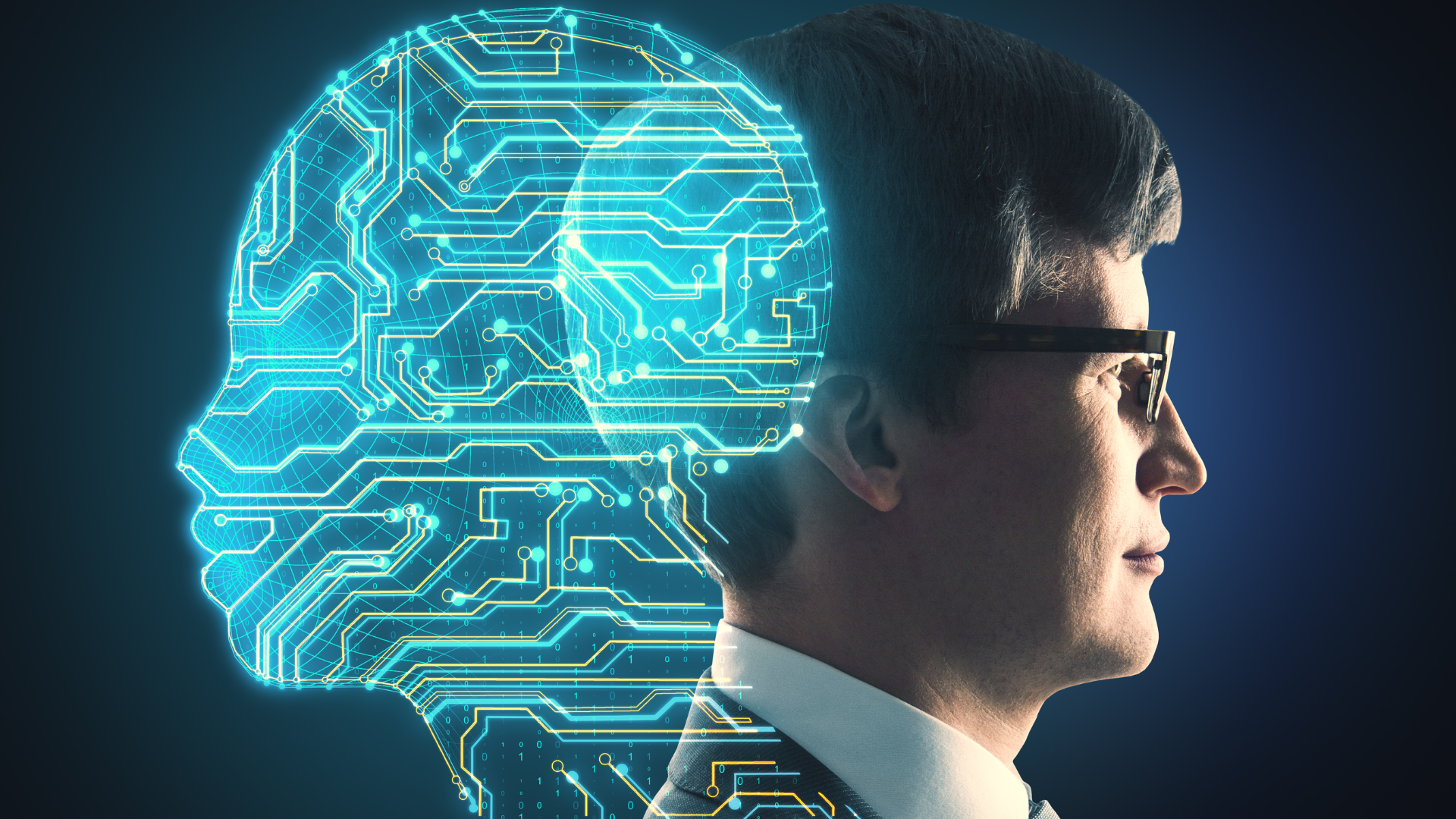Table of Contents
Table of content
It's difficult to predict exactly how businesses will look in the future, as it will depend on a variety of factors such as technological advancements, changes in consumer behavior, and shifts in the global economy. However, some trends that are likely to continue shaping the future of businesses include the increasing use of technology and automation, the growing importance of sustainability and social responsibility, and the rise of the gig economy. These trends may lead to businesses becoming more efficient and agile, with a greater emphasis on data-driven decision making and personalized customer experiences. Ultimately, the future of businesses will depend on how they adapt to these and other emerging trends.
As sustainability becomes a key priority, many companies are exploring the circular economy to reduce waste and design products that can be reused or repurposed.
What should we know about technology and automation
There are many exciting trends in technology and automation that are likely to shape the future. Some of the key trends to watch out for include:
- Artificial intelligence (AI) and machine learning: These technologies are becoming increasingly sophisticated and are being used in a wide range of applications, from autonomous vehicles and personal assistants to medical diagnosis and financial analysis. As AI and machine learning continue to advance, they are likely to have a profound impact on many industries and aspects of our lives. However, as businesses shift to AI-driven, cloud-based systems, awareness of cloud computing threats such as data breaches, unauthorized access, and insecure APIs becomes critical to maintaining trust and operational security.
- The Internet of Things (IoT): The IoT refers to the growing network of connected devices, sensors, and systems that are able to communicate and share data with each other. This trend is enabling the development of new products and services that can improve efficiency, safety, and convenience, such as smart homes and cities. To bring innovative IoT solutions to life, it is crucial to find IoT designers who specialize in creating user-friendly interfaces and seamless integrations tailored to diverse applications.
- Blockchain: Blockchain is a decentralized, secure, and transparent technology that allows for the creation of digital ledgers that can be used to track and verify transactions. It is being used in a variety of applications, including cryptocurrency, supply chain management, and voting systems.
- Virtual and augmented reality: Virtual reality (VR) and augmented reality (AR) technologies are becoming more advanced and accessible, allowing people to experience and interact with virtual environments in new and exciting ways. These technologies are being used in industries such as gaming, entertainment, and healthcare.
These trends and others are likely to continue to shape the future of technology and automation, bringing about new opportunities and challenges. It will be important for individuals and organizations to stay informed and adapt to these developments in order to stay competitive and thrive in the changing landscape.

Anything about sustainability and social responsibility?
Sustainability and social responsibility are closely related concepts that refer to the ways in which organizations and individuals consider the long-term impacts of their actions on people and the environment. Sustainability refers to the practice of meeting the needs of the present without compromising the ability of future generations to meet their own needs. This can include environmental sustainability, which involves protecting natural resources and reducing pollution, as well as social sustainability, which involves promoting social justice and equality.
Social responsibility, on the other hand, refers to the moral obligation of organizations and individuals to act in ways that benefit society as a whole. This can include initiatives such as reducing waste and emissions, supporting local communities, and promoting diversity and inclusion. Both sustainability and social responsibility are important considerations in today's business environment, as consumers and investors increasingly expect companies to take these issues into account in their operations and decision making.
GIG Economy
The gig economy is a labor market characterized by the prevalence of short-term contracts or freelance work as opposed to permanent jobs. In the gig economy, workers are often hired on a project-by-project basis, with little or no job security. This type of work arrangement has become increasingly common in recent years, particularly in industries such as technology, media, and the arts.
The gig economy offers workers the flexibility to choose when and where they work, but it can also be unpredictable and may lack the benefits and protections of traditional employment.
The rise of freelance platforms and short-term roles continues to reshape the future of work, creating new challenges and opportunities for businesses
Some of the best skills
Some of the skills that may be useful for individuals to have in order to thrive in the future described above include:
- Strong problem-solving skills: The ability to identify and solve complex problems will be increasingly important in a world where technology and automation are driving rapid change.
- Critical thinking and creativity: The ability to think outside the box and come up with novel solutions to challenges will be valuable in a world where innovation is key.
- Adaptability and flexibility: The ability to adapt to changing circumstances and learn new skills quickly will be essential in a rapidly evolving world.
- Interpersonal and communication skills: The ability to communicate effectively and work well with others will be important for success in a diverse and interconnected world.
- Digital literacy: A strong understanding of technology and how to use it effectively will be crucial for success in the digital age.
By developing these skills and others, individuals can position themselves to thrive in the future and take advantage of the opportunities it may bring.

Best tech skills that you can have
Some of the best tech skills that individuals can acquire for the future include:
- Programming and coding: The ability to write and understand code is a fundamental skill that is applicable to many different fields and industries. Learning how to program can open up a wide range of career opportunities and allow you to create and work with technology in a more sophisticated way.
- Data analysis and visualization: The ability to collect, process, and analyze large amounts of data is becoming increasingly important in many industries. Learning how to use tools and techniques for data analysis and visualization can help you make sense of complex information and make better, data-driven decisions.
- Machine learning and artificial intelligence: Machine learning and AI are rapidly advancing fields that have the potential to revolutionize many aspects of our lives. Learning how to build and work with machine learning models can open up a wide range of exciting career opportunities.
- Cybersecurity: As technology becomes more integrated into our lives, the need for effective cybersecurity is growing. Learning how to protect against and respond to cyber threats can be a valuable skill in many industries.
- User experience (UX) design: The ability to create user-friendly and engaging digital experiences is becoming increasingly important in a world where people interact with technology on a daily basis. Learning how to design and test user experiences can be a valuable skill for a wide range of careers.
By acquiring these and other tech skills, individuals can position themselves to take advantage of the opportunities that the future may bring. With so many variables shaping the coming years, strong strategic planning helps companies stay focused and adaptable.
Final notes
There is nothing for sure. The only thing we can do is to continually improve, so we can face whatever is coming.
The world is evolving pretty fast, and we will have to learn how to adapt to the fast pace.
Looking for influencers?
⭐ Trusted by 2,500+ brands
Rated Excellent on Reviews.co.uk





